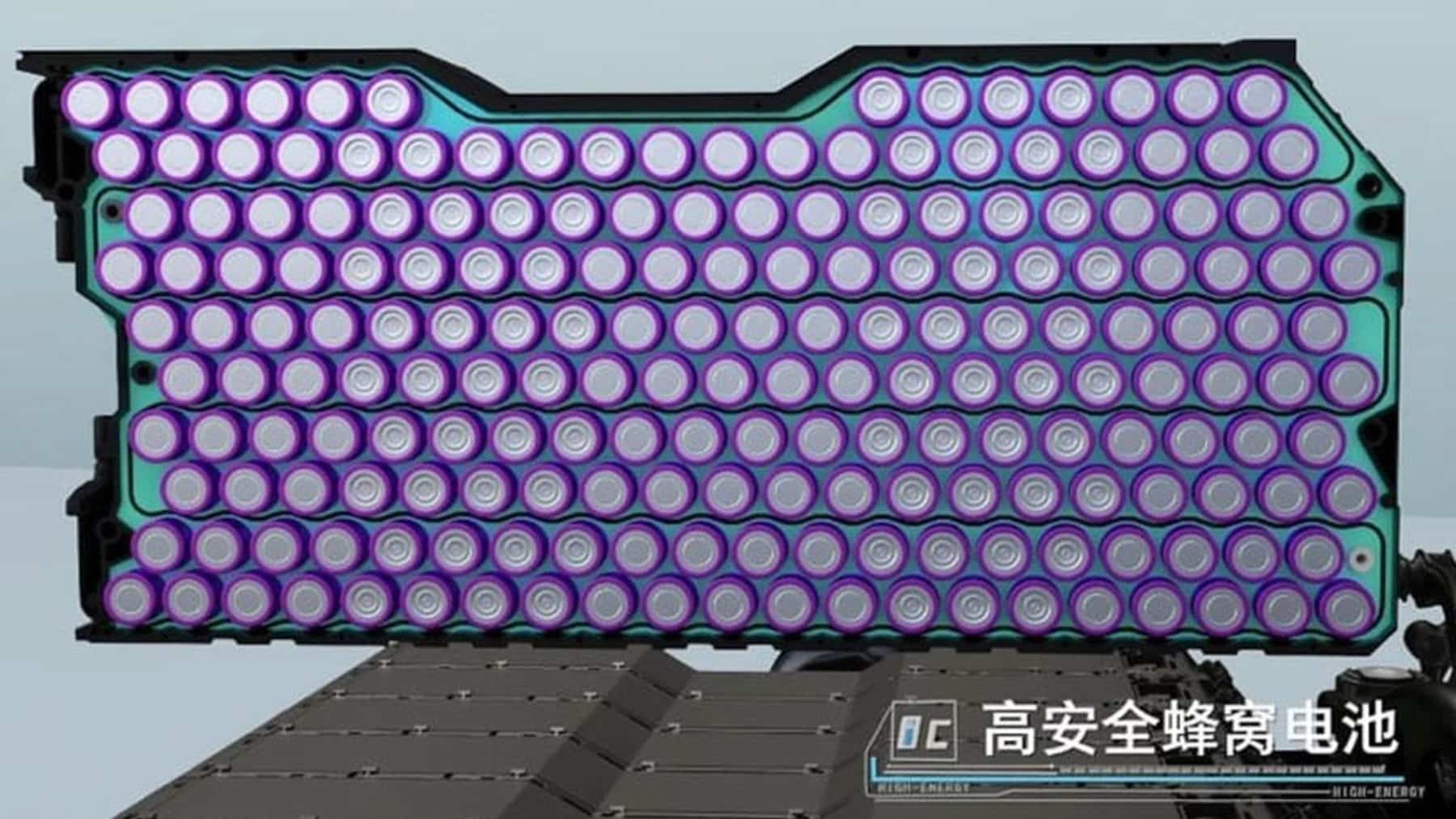Revolutionizing Electric Vehicles: China's Sodium-Ion Battery Breakthrough
Key Ideas
- Chinese manufacturers are pioneering sodium-ion batteries as a more affordable and eco-friendly alternative to lithium-ion batteries in electric vehicles.
- The new sodium-ion batteries offer cost-saving benefits due to reduced reliance on expensive materials like cobalt and nickel, bridging the price gap between electric and traditional vehicles.
- Despite sodium-ion batteries having lower energy density and slower charging capabilities than lithium-ion counterparts, ongoing research aims to overcome these limitations for widespread adoption.
- Consumer trust in the established lithium-ion technology currently hinders the immediate switch to sodium-ion batteries, but with continued advancements, the industry may witness a shift towards the more sustainable option.
The electric vehicle industry, driven by the goal of sustainability, is embracing new technological advancements. Chinese manufacturers have made a significant breakthrough by introducing sodium-ion batteries as an alternative to the conventional lithium-ion batteries. These sodium-ion batteries offer a more cost-effective and environmentally friendly solution by reducing the reliance on expensive materials like cobalt and nickel, which subsequently lowers the overall production cost. Companies like Yiwei and JMEV have already integrated sodium-ion batteries into their electric vehicles, aiming to make sustainable transportation more accessible to the masses.
However, despite the advantages of sodium-ion batteries, such as cost efficiency and environmental benefits, there are challenges to overcome. These batteries have lower energy density and slower charging capabilities compared to lithium-ion batteries, leading to reduced driving ranges and the need for more frequent charging. Consumer preference towards the familiar lithium-ion technology, driven by trust and reliability, currently hinders the rapid adoption of sodium-ion batteries in electric vehicles.
The industry is actively working on enhancing the efficiency and performance of sodium-ion batteries to match the standards set by lithium-ion batteries. As research progresses and advancements are made, the potential for sodium-ion technology to revolutionize the electric vehicle market is promising. Once sodium-ion batteries can offer comparable efficiency and convenience to lithium-ion counterparts, the transition to this more sustainable option may become more widespread, benefiting both consumers and the environment. The ongoing innovations in China's sustainable technologies indicate a positive trajectory towards a greener future in transportation.
Topics
Power
Technology
Innovation
Sustainability
Electric Vehicles
Manufacturing
Environment
Industry
Consumer Choice
Latest News
